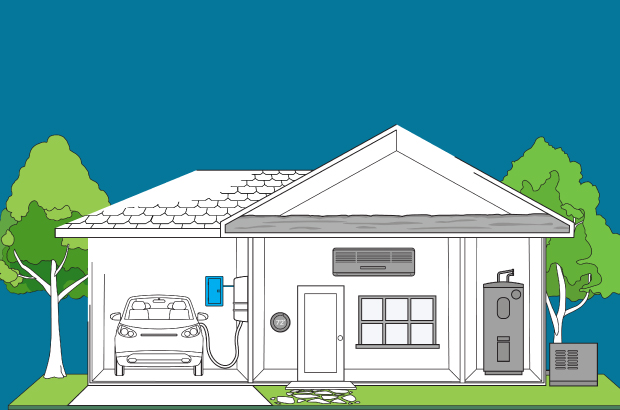Washington has pretty much been crushing it these past few years with big policy wins on climate that are sure to reduce emissions and usher in cleaner air and healthier communities, but a stickier question has been how to implement these laws and increase access to clean energy benefits for all Washingtonians. We’ve been a clear leader in the effort to transition our buildings from gas use to clean electricity. But for gas utilities to meet our state climate laws and decarbonize, they must plan for a drastic transition from business-as-usual while protecting their existing customers. This year we’re working on an effort to help our state’s largest gas utility be proactive in meeting its clean energy goals and prioritize Washington ratepayers at the same time.
HB 1589 Gas Utility Decarbonization might not seem like the most glamorous climate policy we’ve ever worked on, but it’s an absolutely critical part of our state’s clean energy transition and signals a deepening commitment by a major emitter to a climate-forward future. It will require our state’s largest gas utility, Puget Sound Energy (PSE), to plan proactively to reduce emissions to meet state law and do it all in a responsible, customer-focused way. Proactive planning for the future of Washington’s gas system is critical to protect existing gas users and their utility rates, especially low-income ratepayers who will likely be some of the last customers on the gas system.
HB 1589 will put Puget Sound Energy on track for cleaner air and zero-emissions buildings. Currently we know that using gas to heat our homes has well-documented harmful consequences: the buildings sector has the fastest growing rate of carbon pollution in Washington State. Burning gas causes harmful indoor and outdoor air pollution, and has been linked to a 42% higher risk of children developing asthma. Effective plans for utilities to help their customers transition away from these fuels is important to mitigate these health and climate risks. HB 1589 won’t rip out gas stoves, but it will establish new programs to help households access cleaner and healthier sources of energy, like efficient electric heat pumps and other clean appliances. It will also establish electrification programs for low-income households.
Helping customers switch from gas to electric will continue to accelerate Washington’s clean energy future. Our state’s electric utilities are already working to help us reduce our climate pollution while powering our lives. Thanks to the Clean Energy Transformation Act in 2019, all electric utilities are required to get to 100% fossil-free energy by 2045. By planning for a decarbonized and clean electric future, HB 1589 will help Washington’s largest utility move forward on the path to a clean energy transition, putting customers and the climate first.
More: here's how we can protect Washingtonians with proactive gas utility planning (pdf)


